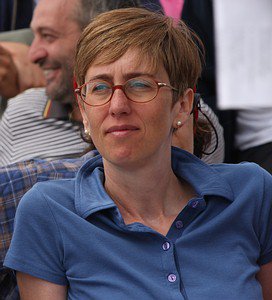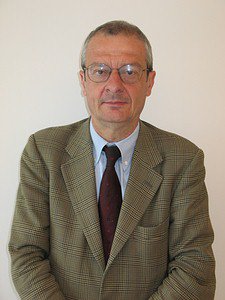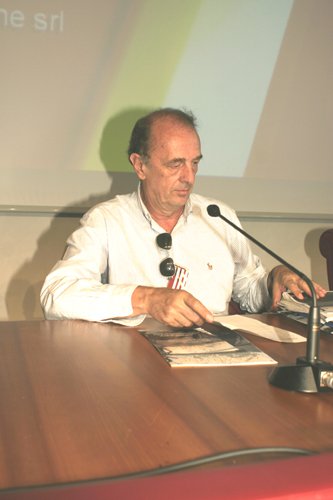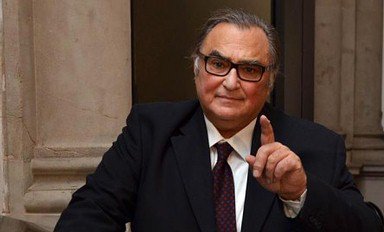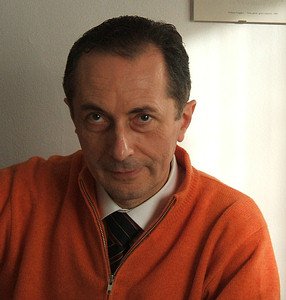150 Years of Subsidiarity. The Forces that Change History Are the same as those that Change Man’s Heart
Benedict XVI
Address to the members of the National Association of Italian Municipalities, March 12, 2011.
“The multiplicity of people and situations is not in contradiction with the national Unity, recalled by the 150th anniversary that is being commemorated. Unity and plurality, at different levels… are reciprocally enriching values if they are kept in the proper reciprocal balance. Two principles that permit this harmonious coexistence of unity and plurality are subsidiarity and solidarity, which are characteristic of the Church’s social teaching. The subject of this social doctrine consists of truths that do not belong exclusively to the patrimony of believers but are rationally accessible to everyone.”
Giorgio Napolitano, President of the Republic of Italy
Address to Parliament, March 17, 2011.
“Let us not be paralysed by the horror of rhetoric: to avoid it, we only have to entrust ourselves to the luminous evidence of the facts. (…) In our history and in our vision, the word unity marries well with others: plurality, diversity, solidarity, subsidiarity. We shall resist the trials that await us, as we have done in crucial moments of the past, because even today we have at our disposal great reserves of human and moral resources. (…) Let us all be profoundly convinced that this is now the condition for our common salvation, for our common progress.”
Luigi Giussani
Address at the convention of Democrazia Cristiana, Assago, February 6, 1978
“A culture of responsibility must keep alive that original desire of man from which spring desires and values: the relationship with the infinite which makes the person a true and active subject of history. A culture of responsibility cannot but start off from the religious sense. This point of departure leads men to join together, not in view of short-lived opportunism, but substantially; thus the birth of movements is a sign of liveliness, of responsibility and of culture, which make the whole social organization dynamic by facing up to the needs in which the desires take flesh, imagining and creating capillary and adequate operative structures called “works.” These works constitute a true contribution to novelty in the tissue and in the aspect of society. Politics must decide whether to favour society exclusively as an instrument, a manipulation of a state and its power, or favour a state that is truly “secular,” that is, at the service of social life.”
On the 150th anniversary of Italian unification, the Foundation for Subsidiarity has promoted an exhibition documenting the wealth of a history of social and economic works, initiatives and realities, fruit of constructive and inventive energy, subsidiarity and solidarity.
The origin of this wealth is a culture founded upon the conviction that every single person is worth “more than the entire universe” and is irreducible to any social or political organization.
This conception of man has given rise to a great civilization, which precedes the formation of the unitary state, rich with unifying diversities, to which all Italians have contributed in various ways, with their work, their millenary traditions, their social and political commitment, building up a great country.
The first part of the exhibition focuses on four crucial periods from 1861 to the present day: from the Unification to the Great War; Fascism and the Second World War; the Constituent Assembly; the economic boom and the period after 1968. This excursus highlights the social commitment promoted by the great popular traditions (both religious and secular) by means of a selection including images, literature, journalism and cinema.
The “miracle” achieved by the Italian people, after the journey described, albeit through inevitable contradictions and distortions, was not only that of the promotion of Italy to the rank of a major industrial power, but also that of a virtuous collaboration between the various social classes and between representatives of public institutions.
The second part of the exhibition will offer points for reflection on the present moment of inertia – ideal rather than economic and institutional – that our country is passing through, before which it is not enough to insist on the importance of respect for the rules, but rather to focus on the desire and the capacity of each single person to build up the common good. No change is possible without a people that becomes aware of itself and its value.
Today, too, what qualified Italy’s secular development – the action of people educated to live ideals based on a non-reduced concept of man, of society, and of economy – can rebuild the connective tissue of a people made up of persons who join together not in order to go against someone or something, but in order to build, day by day, pieces of new life adequate to the deepest desires, for truth, justice, beauty, and happiness.
With this itinerary, the Exhibition of the Foundation for Subsidiarity wants to offer a reflection on the originality of the Italian identity, a suggestion for a new beginning.
Curator: the Foundation for Subsidiarity.
Scientific Committee : Luca Antonini, Maria Bocci, Edoardo Bressan, Marta Cartabia, Gianluigi Da Rold, Michele Rosboch, Giulio Sapelli, Andrea Simoncini, Vincenzo Tondi, Gian Luigi Trezzi, Giuseppe Verde, Lorenza Violini, Giorgio Vittadini, Danilo Zardin.
With the collaboration of some university students.
The exhibition was granted the use of the official logo of the celebrations for the 150th anniversary of Italian Unification.







